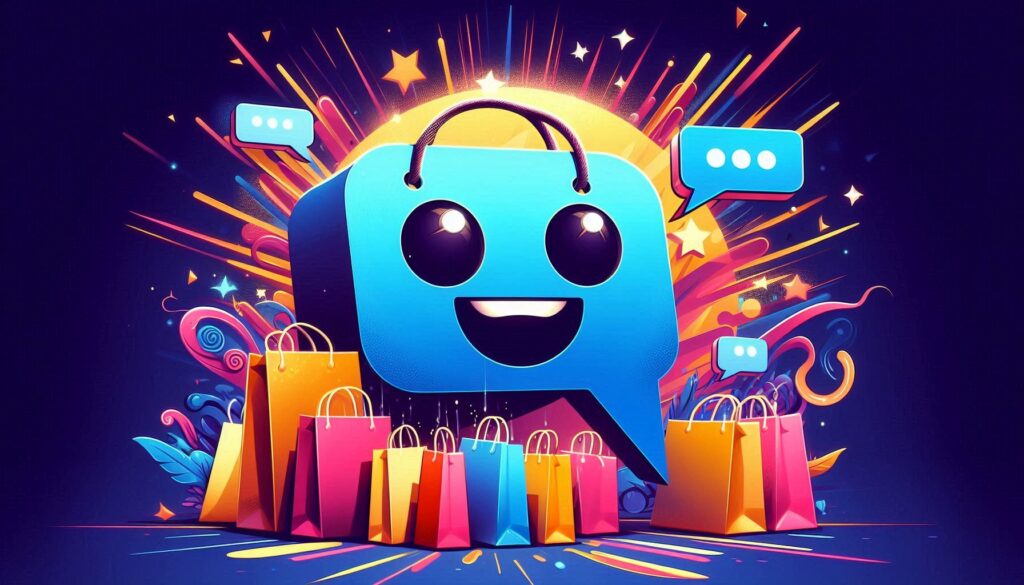 Remember when having a website meant you’d automatically show up on Google? Those days are fading fast. Artificial intelligence and large language models (LLMs)—think ChatGPT, Claude, and others—are fundamentally changing how customers find businesses, and small business owners need to pay attention.
Remember when having a website meant you’d automatically show up on Google? Those days are fading fast. Artificial intelligence and large language models (LLMs)—think ChatGPT, Claude, and others—are fundamentally changing how customers find businesses, and small business owners need to pay attention.
The New Front Door
Here’s the shift: instead of typing “best pizza near me” into Google and scrolling through ten blue links, millions of people are now asking AI chatbots for recommendations. The AI doesn’t just point them to websites—it answers the question directly, often without the user ever clicking a link.
A recent survey found that ChatGPT alone reached 100 million weekly active users faster than any consumer application in history. That’s 100 million potential customers who might be asking an AI about products and services instead of using traditional search engines.
For small businesses, this creates a real challenge. Your beautifully designed website that you spent months perfecting? An AI might summarise it in three sentences without sending a single visitor your way.
The Good News
Before you panic, there’s an upside. AI tools are making things possible that used to cost a fortune:
Customer service that works 24/7? Small businesses can now use AI chatbots to handle common questions, freeing owners to focus on more complex issues. Whilst frustrating at times, when done well these can save time for your customers and business owners – just make sure getting through to a real human is simple, obvious and always available.
Content creation that once meant hiring writers? LLMs can draft social media posts, email newsletters, and product descriptions in seconds. Whilst they still need human oversight and editing, they’ve massively reduced the time from idea to published content.
Marketing analysis that required expensive consultants? AI tools can now analyse customer feedback, spot trends, and suggest improvements at a fraction of the traditional cost.
The Challenges
But there are real concerns. When AI provides answers instead of links, website traffic can drop significantly. Studies suggest that websites could see a 25-50% reduction in organic traffic as AI tools become more common. For businesses that rely on that traffic for sales or advert revenue, this is a serious problem.
There’s also the accuracy issue. AI sometimes “hallucinates”—making up information that sounds plausible but is completely wrong. Imagine an AI confidently telling users your restaurant serves peanut-free dishes when you actually use peanut oil, or listing incorrect business hours. These aren’t hypothetical scenarios; they’re happening now.
What Small Businesses Should Do
First, claim and update your presence everywhere—Google Business Profile, Yelp, social media. AI tools often pull from these sources, so accurate, complete listings matter more than ever. This is where proper SEO and internet marketing become crucial—not just for Google, but for training AI systems to represent your business accurately. Our SEO and internet marketing packages are designed specifically to help small businesses stay visible as things change.
Second, create content that AI can’t easily copy: real stories, local expertise, behind-the-scenes glimpses into your business. An AI can summarise your menu, but it can’t capture the story of your grandmother’s secret recipe or why you chose your neighbourhood. Your website needs to be more than just information—it needs to be engaging and authentic.
Third, make sure your website is built for this new reality. Sites need to be fast, mobile-friendly, and structured in ways that both search engines and AI tools can understand. If you’re running an outdated website or struggling to keep yours maintained, our monthly website packages offer an affordable way to stay current without the hassle of doing it yourself.
Fourth, try AI tools yourself. Use them for the boring parts of running a business—drafting emails, summarising customer feedback, creating first drafts of content. The businesses that will do well aren’t those that ignore AI or rely on it completely, but those that use it sensibly whilst keeping their human touch.
The Bottom Line
The relationship between small businesses and their customers is changing. AI is the newest factor in that relationship—sometimes helpful, sometimes disruptive, always influential. The businesses that will succeed are those that adapt without losing what makes them special: the human connection, local knowledge, and personal service that no algorithm can truly replicate.
The future isn’t about competing with AI. It’s about having the right foundation—a well-optimised, engaging website and solid digital presence—whilst being more human than ever. Get in touch to discuss how we can help your business succeed in this changing world.







About The Author: Matt
More posts by Matt